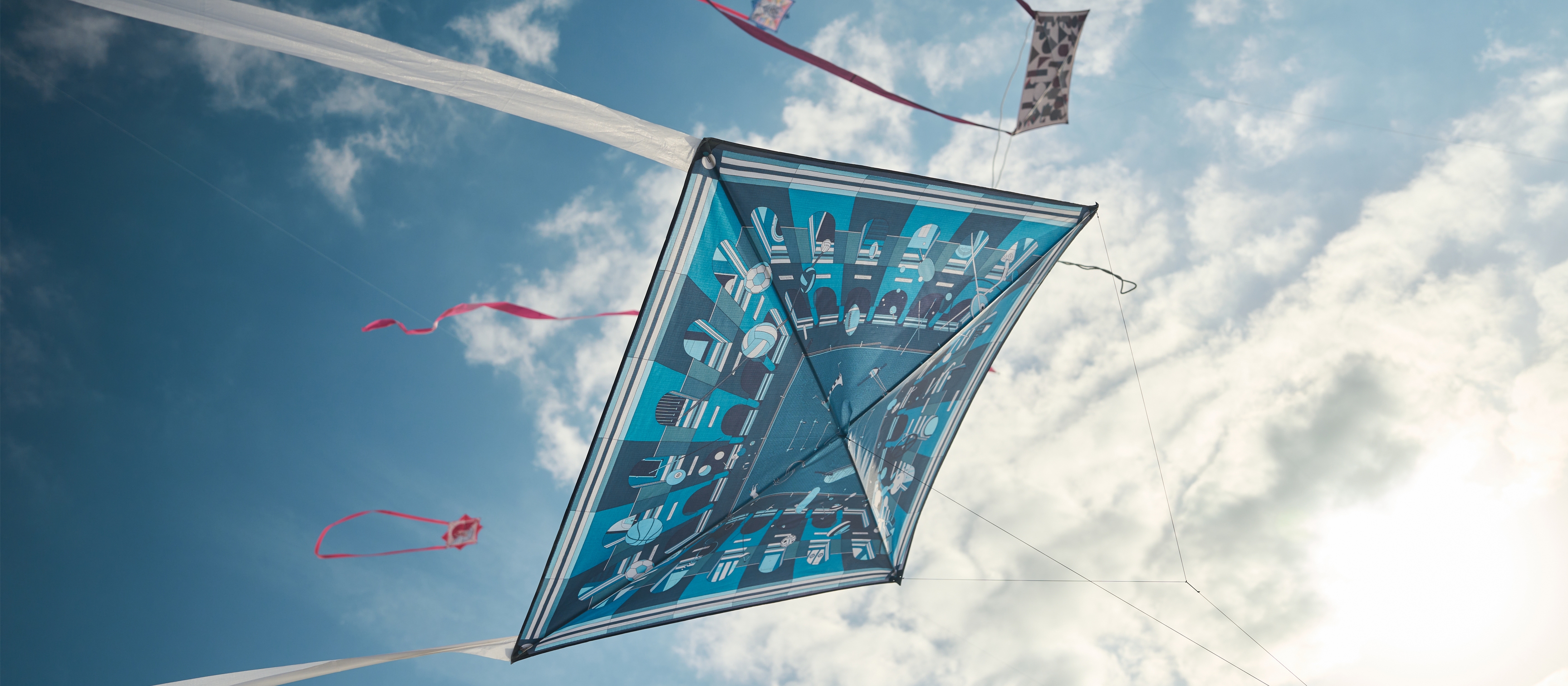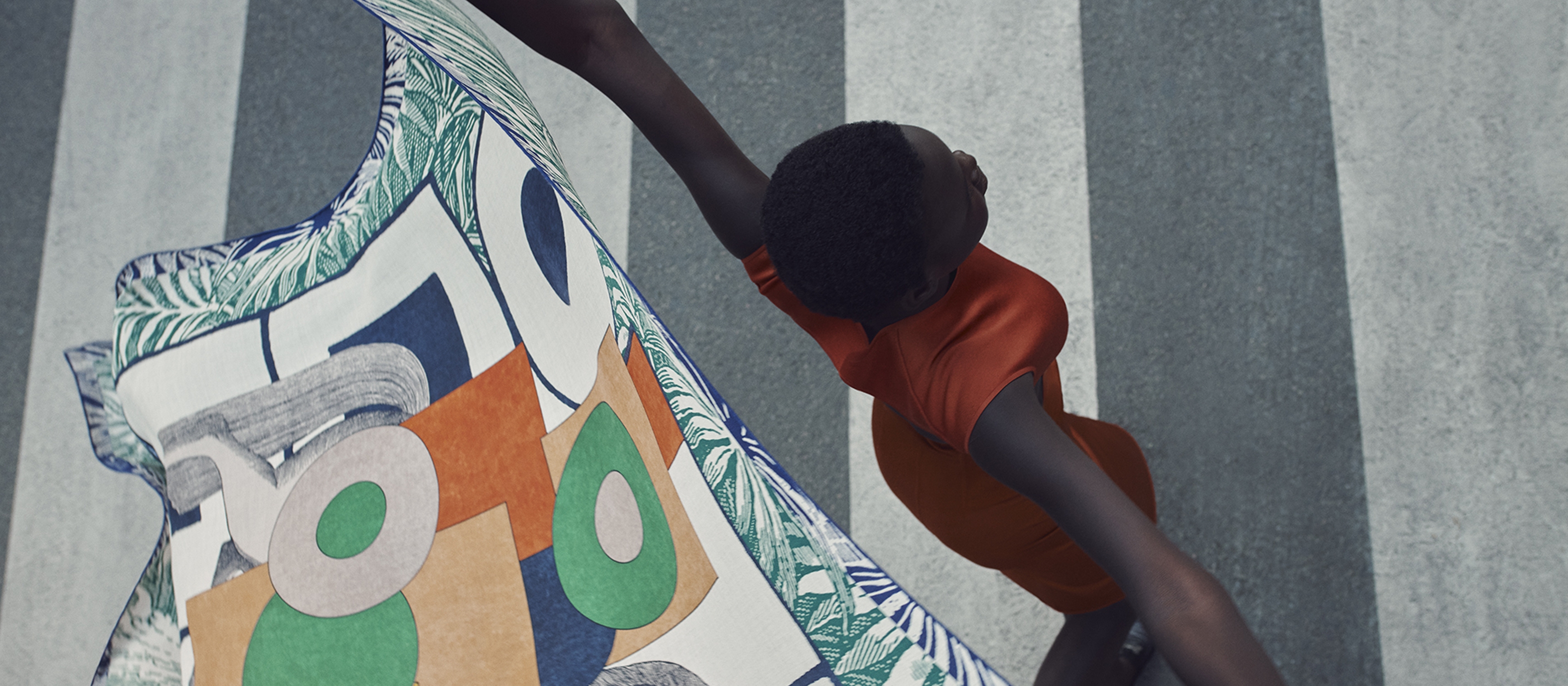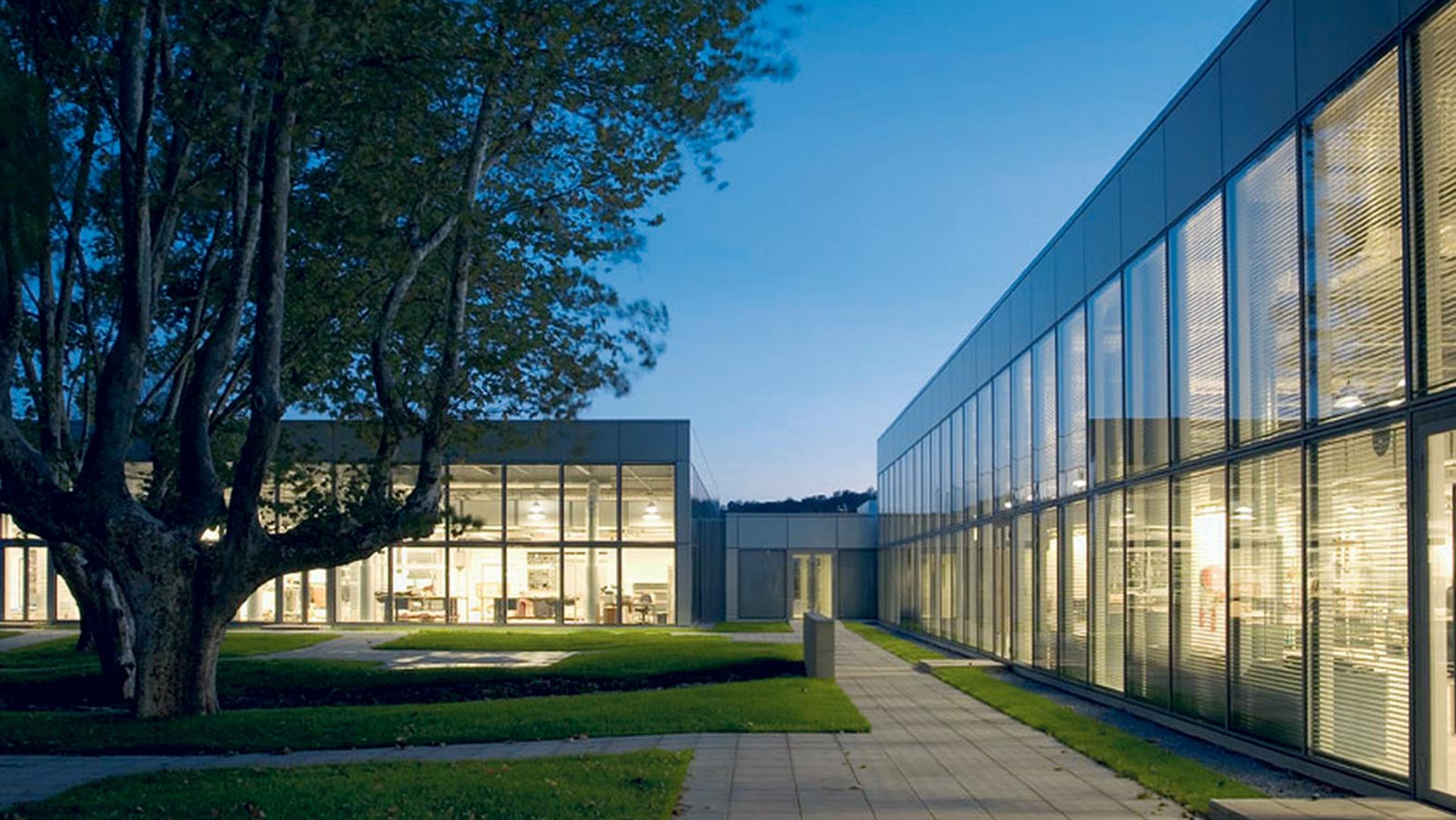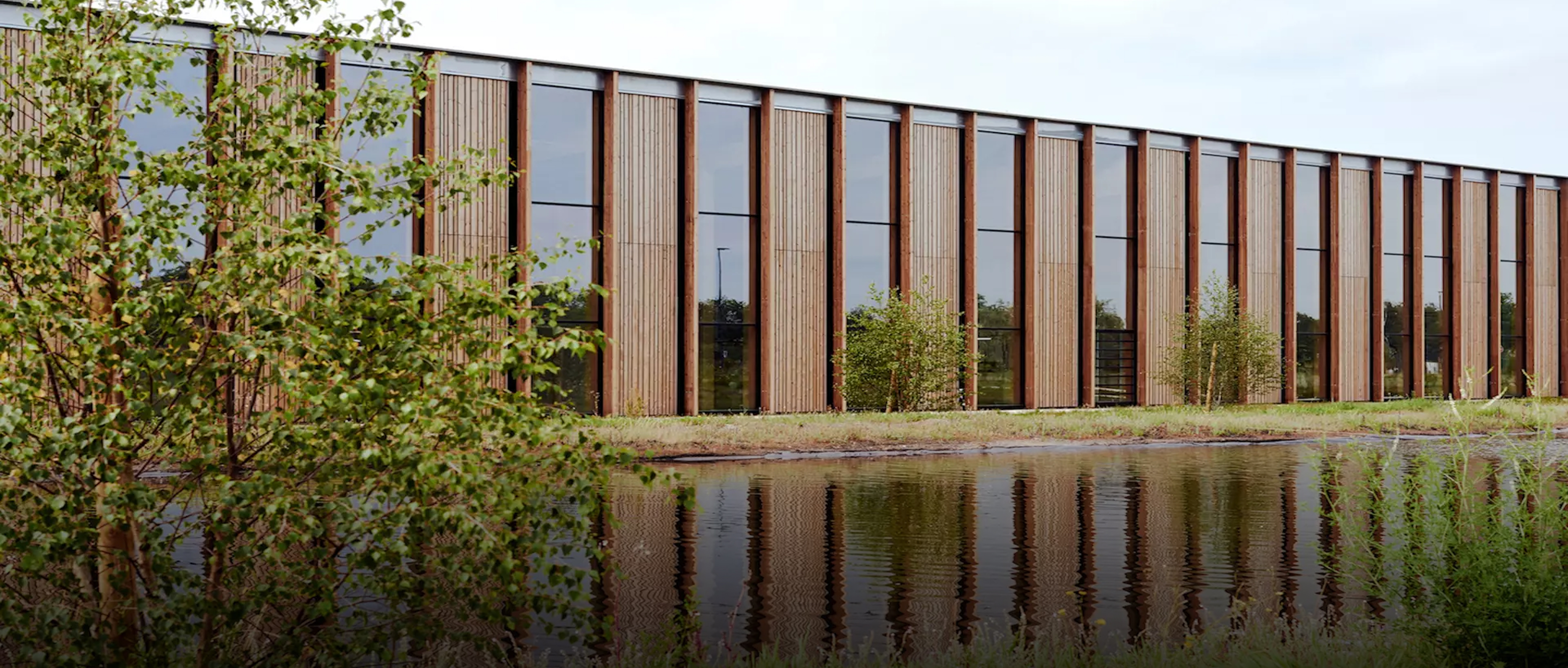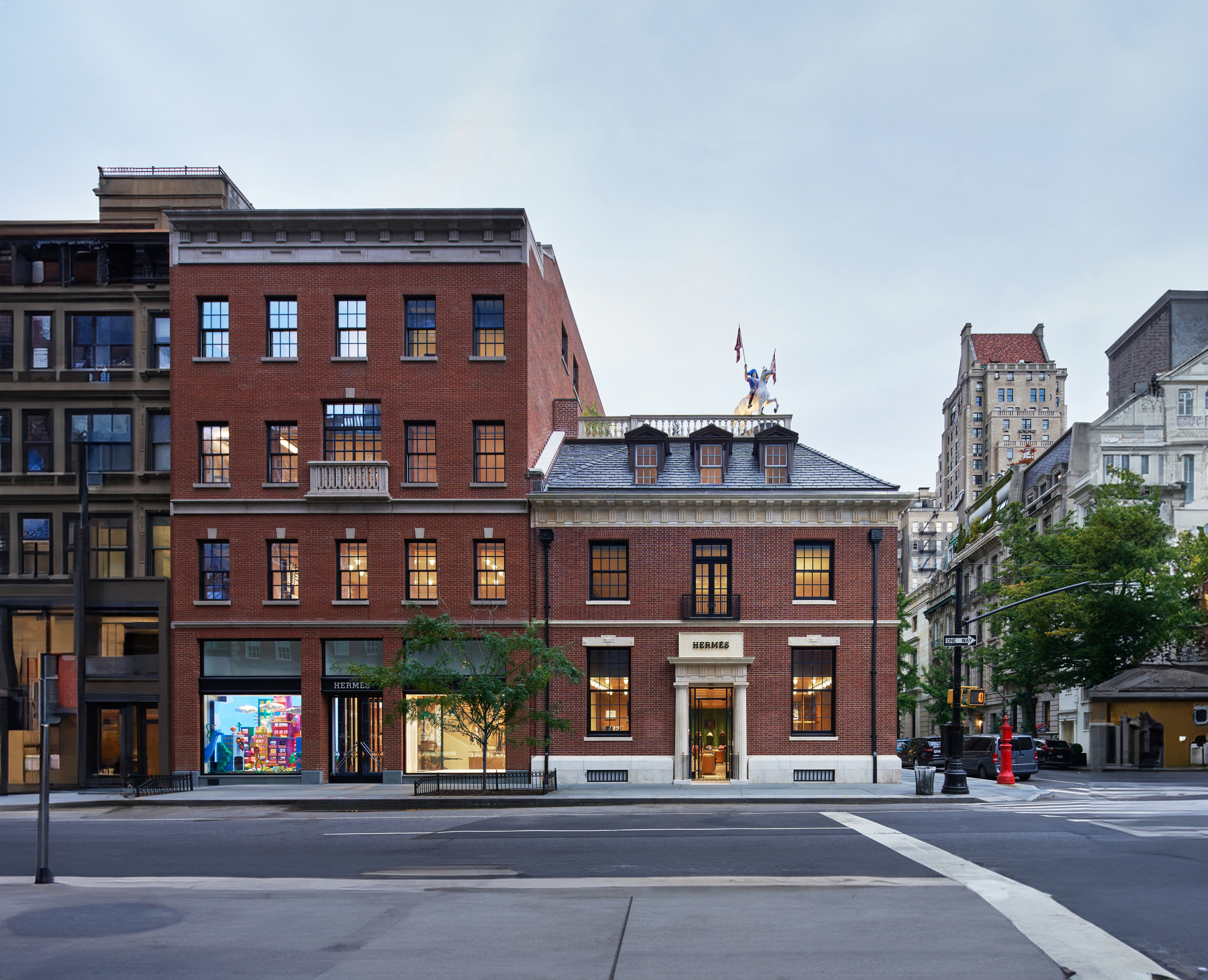
Responsible sourcing
"We are committed to making continuous progress with our suppliers and partners for the long-term development of our supply chains, in particular with regard to climate and biodiversity issues."
Axel Dumas, Executive Chairman of Hermès
Ambition
Sustainable development at Hermès rests on the use of exceptional raw materials of natural and renewable origin, which enable it to make sustainable objects. All Hermès sectors are committed to controlling their footprint and respecting raw materials by optimising their use.
Hermès uses, respects and preserves the finest materials, secures the sources of its supplies and seeks to manage their impact on biodiversity by going beyond compliance with environmental, ethical and social regulations and by contributing to the future availability of these resources.
Organisation
The roll-out of group procedures is organised by the purchasing departments of the company’s métiers and entities, to ensure that the most relevant and practical measures are put in place. Two group departments, a direct purchasing department, which mainly concerns manufacturing operations, and an indirect purchasing department, supervise the system. The audit and risk department and the legal department carry out training and monitor these activities.
The industrial affairs department steers the implementation of the group’s systems:
- The purchasing policy is organised around three principles: transparency, high standards and care
- The “supply chain brief” document (in French only)
The Purchasing Council, which meets quarterly, arbitrates on key supply chain management issues, particularly in relation to purchasing and supplier risk mapping, procedures for sensitive countries and supply chain analyses. It is composed of three members of the Executive Committee, the Audit and Risks Department, the Direct and Indirect Purchasing Departments and the Industrial Transition Department.
Objectives
Relationships with our suppliers are based on the following fundamental principles:
- Seeking the highest quality and innovation from partners;
- Maintaining balanced, long-term relationships in order to preserve key know-how and secure supplies and services, while excluding aggressive and unfair purchasing practices;
- Ensuring ethical practices, preservation of the environment and respect for human rights;
- Contributing to the company’s sustainable economic performance by controlling costs, understood in their entirety, and by providing value to the customer;
- Promoting the supported employement sector and people with disabilities through partnerships with the relevant organisations (EAs and ESATs in France, with the objective of increasing purchases by 20 % each year between 2021 and 2023).
Analysis of supply chains led to the creation of “supply chain briefs”, documents that lay out the strategy, objectives and the means to achieve them. They are built around commitments that the company is currently developing with its partners on the following basis:
Main commitments for better control of sectors and suppliers
|
Cashmere |
Sustainable Fibre Alliance (SFA) |
|
Wood | Responsible Wool Standard (RWS) |
|
Feather/Down | Responsible Down Standard (RDS) certification Parent Farm Certified (PFC) |
|
Leather | Leather Working Group (LWG) certification of tanneries |
|
Precious Leather | IFCA certification for crocodile farms LPPS certification for lizard farms |

In 2020, Hermès notably became a member of the Leather Working Group (LWG). Since February, it has been a requirement that all tanning suppliers be assessed by the LWG audit protocol, with the objective of achieving 100% in 2024. As of 2023, 74% of sites are already certified.
Management system
Management of suppliers is defined in a purchasing policy, updated in 2020, based on four themes:
- Long-term security of supply with balanced relationships
- Accountability and operational proximity
- Support on CSR issues
- Control over operations, notably through a duty of vigilance on environmental, social, ethical and human rights issues.
The latter theme is reinforced by the implementation of a vigilance plan which includes:
- Risk mapping (activities of suppliers, subcontractors and, more generally, of the supply chains);
- Procedures for the continuous evaluation of suppliers and subcontractors, including tier-2 suppliers (their economic, social, environmental and ethical status);
- Actions to manage risks and prevent serious violations concerning human rights and fundamental freedoms, human health and safety and the environment;
- An alert and reporting mechanism;
- A system for monitoring the measures implemented and evaluating their effectiveness.
In addition, the group has formalised “supply chain briefs”, which specify our requirements with regard to CSR issues (social, environmental, ethical) for the supply of raw materials.
Implemented in 2020, thanks to a systematic analysis of the company’s supply chains, the supply chain briefs cover traceability, inherent and specific risks and insurance and certification procedures, and thus provide action plans for the métiers responsible for the relationship. As of 2023, 74 supply chains were examined with the help of expert firms, representing 99% of revenue, and a group policy was formalised based on general and specific principles, including objectives for certification of most supply chains according to the best existing standards by 2030.
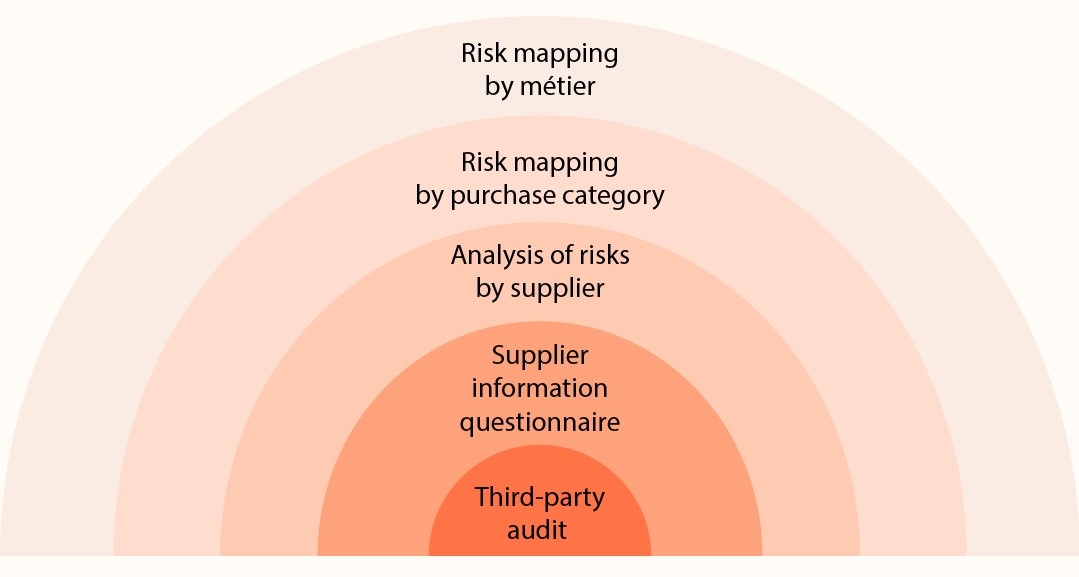
2023 Results
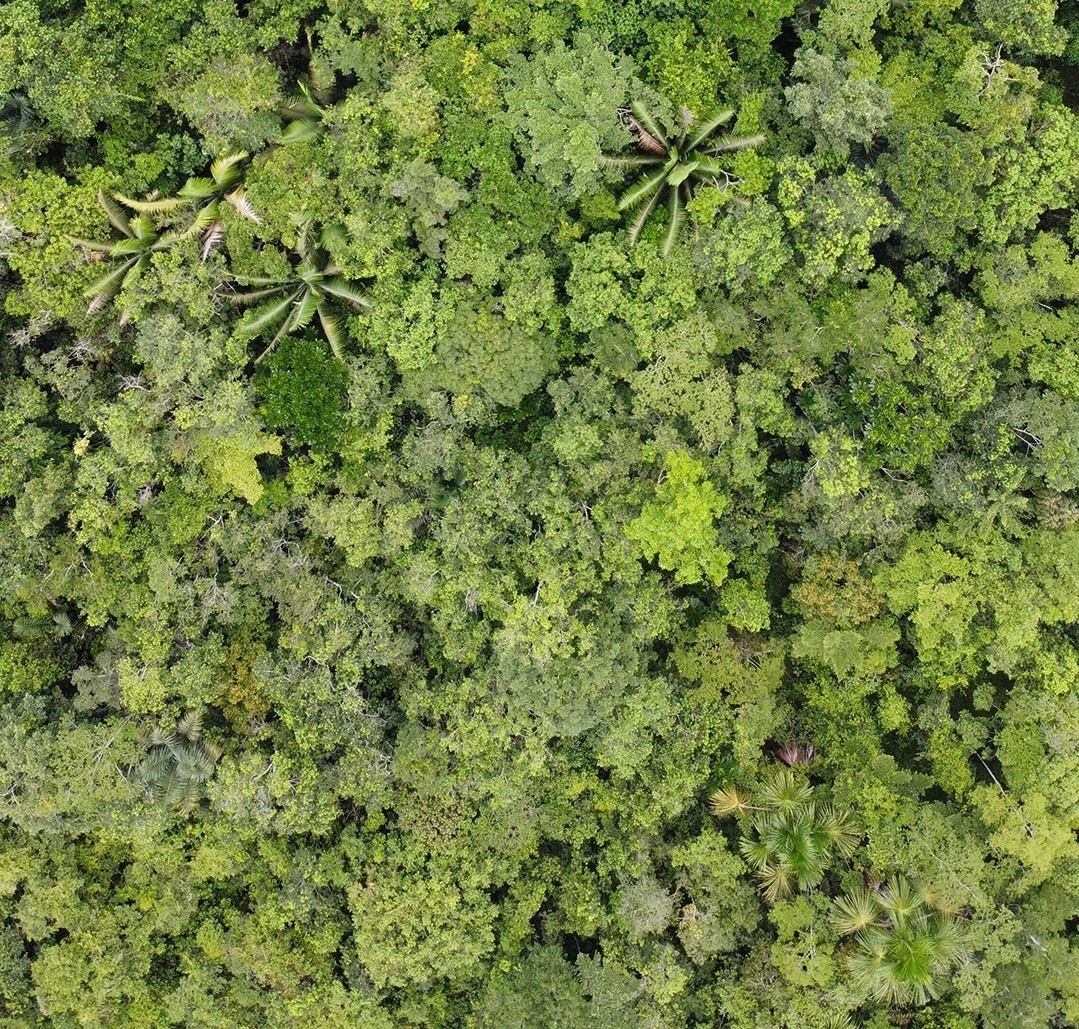
Improving greenhouse gas emissions
The company’s greenhouse gas emissions improvements are in particular due to the attention paid to choosing suitable materials, the reduction of their weight and seeking out local supplies combined with low-carbon modes of transport. These topics are currently under discussion with our partners to reduce our common footprint.
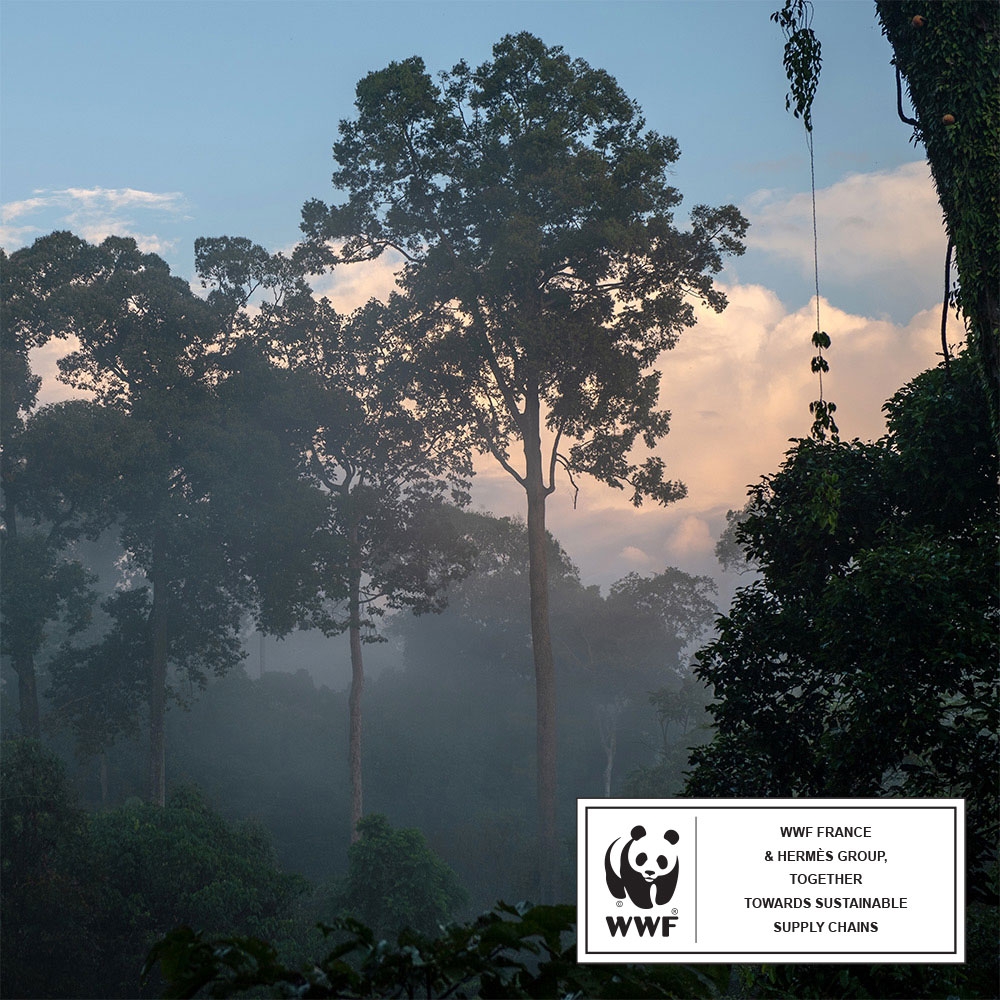
Working with stakeholders
In 2016, Hermès signed a partnership with the WWF France to strengthen the responsible management of its supply chains. For the past eight years, different supply chains, such as precious hides, cashmere and wood, have undergone specific reviews.
In addition, the group is working with a number of independent and specialised experts and associations to improve its supply chain management.
An inspiring initiative
ESAT les Micocouliers, the exclusive supplier of Hermès riding crops
Since 1991, Hermès has been entrusting its entire production of riding crops, dressage sticks and whips to ESAT les Micocouliers, in Sorède (Pyrénées Orientales). In this establishment, which provides employment to people with mental disabilities, some 30 craftspeople perpetuate the tradition involving the braiding of hackberry – a strong and supple wood. At the foot of the Albères mountains, they work with the same dedication as the hundreds of villagers who carried out that work decades before them.
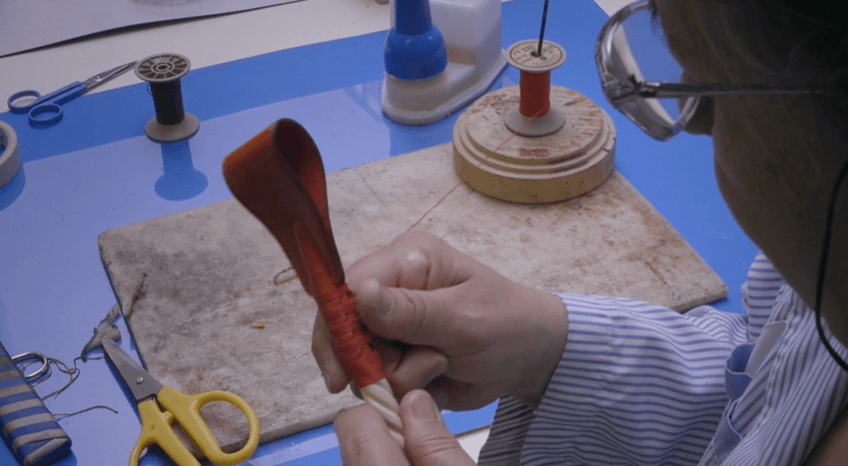
Learn more about
Discover how responsible sourcing takes part in our strategy "All artisans of our sustainable development".
Download our documents:
